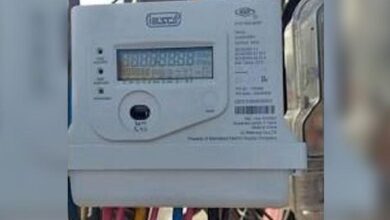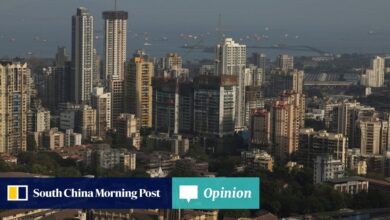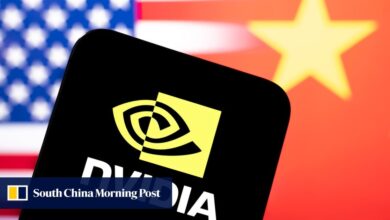Experts call for EV policy overhaul

KARACHI:
Auto experts believe electric cars could become far more accessible to customers if the government addressed key policy issues. They call for a revision of policy classifications, offering incentives to all electric vehicles (EVs), removing obstacles in EV financing, and reducing heavy taxes, which currently constitute over 50% of the car prices, making them inaccessible to end-users.
The experts urged the government to standardise policy classifications and apply incentives to all EVs. They stressed the need to remove hurdles in auto financing for EVs and making the EV charging business attractive for investors. Additionally, they criticised the high taxation on cars, which renders them inaccessible to end-users, while used cars, often failing roadworthiness tests in Japan, are allowed to be imported under baggage schemes with no warranties or accountability for product failures. Currently, eight car companies in Pakistan utilise only 22% of their production capacity. Allowing imports could undermine the successful auto policy of 2016-21, which generated employment for over 2.5 million families, they stressed.
Seres Pakistan Managing Director Muhammad Adeel Usman highlighted the high fuel prices in Pakistan, prompting customers to seek fuel-efficient vehicles like hybrids and EVs. He noted that EVs offer a better driving experience compared to hybrids, costing Rs8.5 per kilometre with current electricity tariffs, compared to Rs19 per kilometre for hybrids and Rs26 per kilometre for combustion engines. EVs also have lower maintenance costs, lacking the need for engine oil, oil filters, and air filters, making them more economical.
Usman pointed out that range anxiety and a weak charging infrastructure hinder EV adoption in the country. However, Chinese carmakers are now launching vehicles with ranges up to 800km, which will soon alleviate range anxiety. He called for government attention to policy and incentives for charging infrastructure development, suggesting that a significant influx of EVs would attract private investment in this area.
“Yes, we plan to start local assembly soon and are further planning on localisation of parts to lower the price of the car so it can benefit the customer and the country. We have further planned to launch electric hatchbacks, SUVs, and sedans in the near future,” Usman added.
Master Changan Motors Limited Director of Sales & Marketing Syed Shabbir Uddin criticised the auto policy’s classification of EVs by battery capacity, which currently only incentivises those with capacities below 50kWh. He argued that this is akin to classifying petrol cars by fuel tank capacity rather than engine size or vehicle type. The EV charger business is also currently unfeasible due to the low number of EVs on the road and regulated selling prices, resulting in low gross margins and challenging investment in charging infrastructure.
Uddin also highlighted a misconception among policymakers that petrol cars with small lithium batteries deserve the same incentives as full EVs. He stressed that EVs are foreign exchange-friendly, with Pakistan generating over 41% of its electricity from non-fossil-fuel sources like hydro, nuclear, or wind. Most EVs would also be charged at home using solar energy, saving a significant amount of foreign exchange compared to petrol-driven vehicles.
He mentioned that their brand, which falls into the $40,000 price category in other markets, is being rigorously tested in Pakistan for launch. The brand is a joint venture of three EV giants: CATL, the world’s largest and most advanced EV battery company; Huawei, which has developed a special operating system for car driving mechanisms; and Changan, which has integrated these technologies with a futuristic car design.
Lahore-based Auto Sector Analyst Usman Suhail noted that the scope of EVs in the country is gradually expanding, driven by government initiatives, environmental concerns, market potential, local manufacturing, and cost savings. However, challenges hindering EV growth include poor road infrastructure, electricity shortfall, a depreciating rupee, limited charging infrastructure, and a lack of consumer awareness and trust.
Published in The Express Tribune, June 1st, 2024.
Like Business on Facebook, follow @TribuneBiz on Twitter to stay informed and join in the conversation.
Source link



